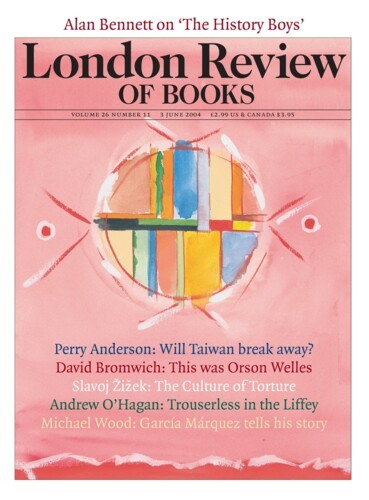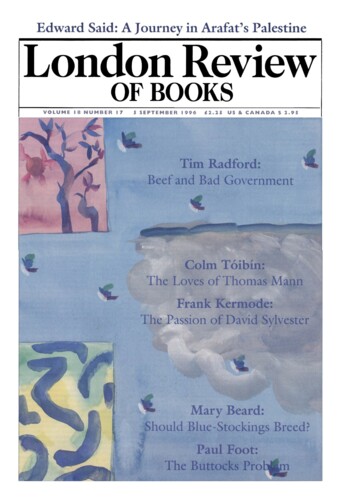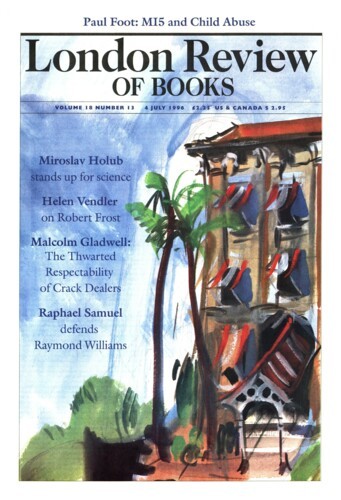Did Harold really get it in the eye? the Normans
Patrick Wormald, 3 June 2004
‘You had your 1917 in 1066,’ a Russian diplomat was once said to have told his British counterpart. The ruling class of England, and much of the rest of Britain, was re-created by the Norman Conquest. Most of the nobly born have at one time or another sought to find progenitors among the Companions of the Conqueror, and the words ‘noble’, ‘gentle’ and...





